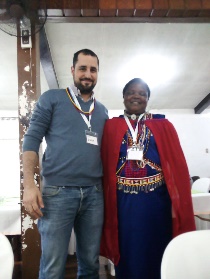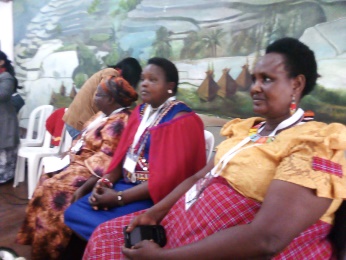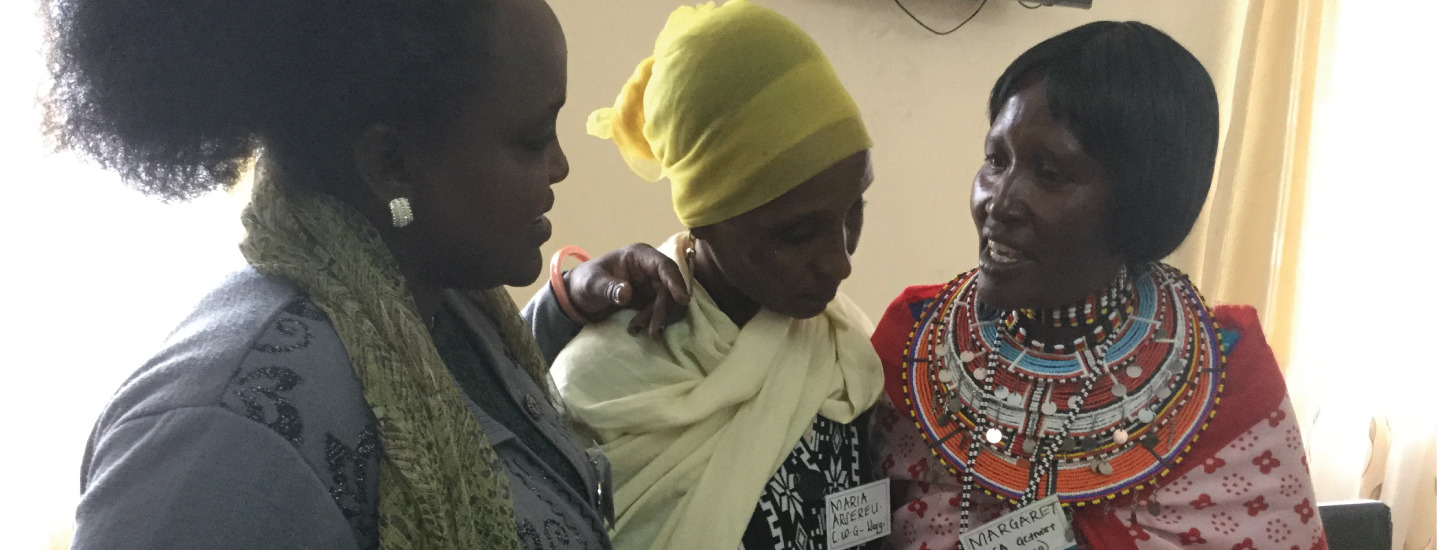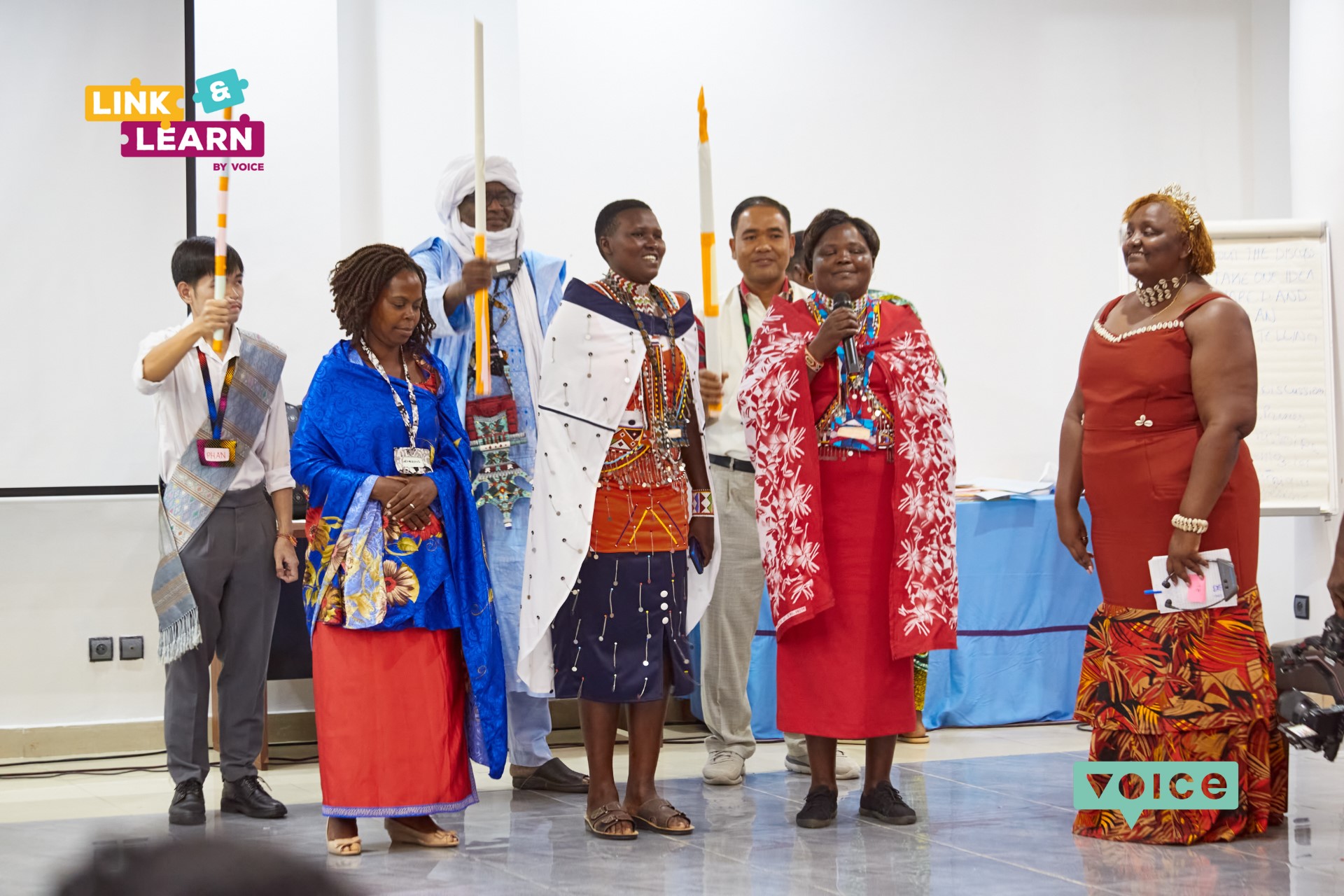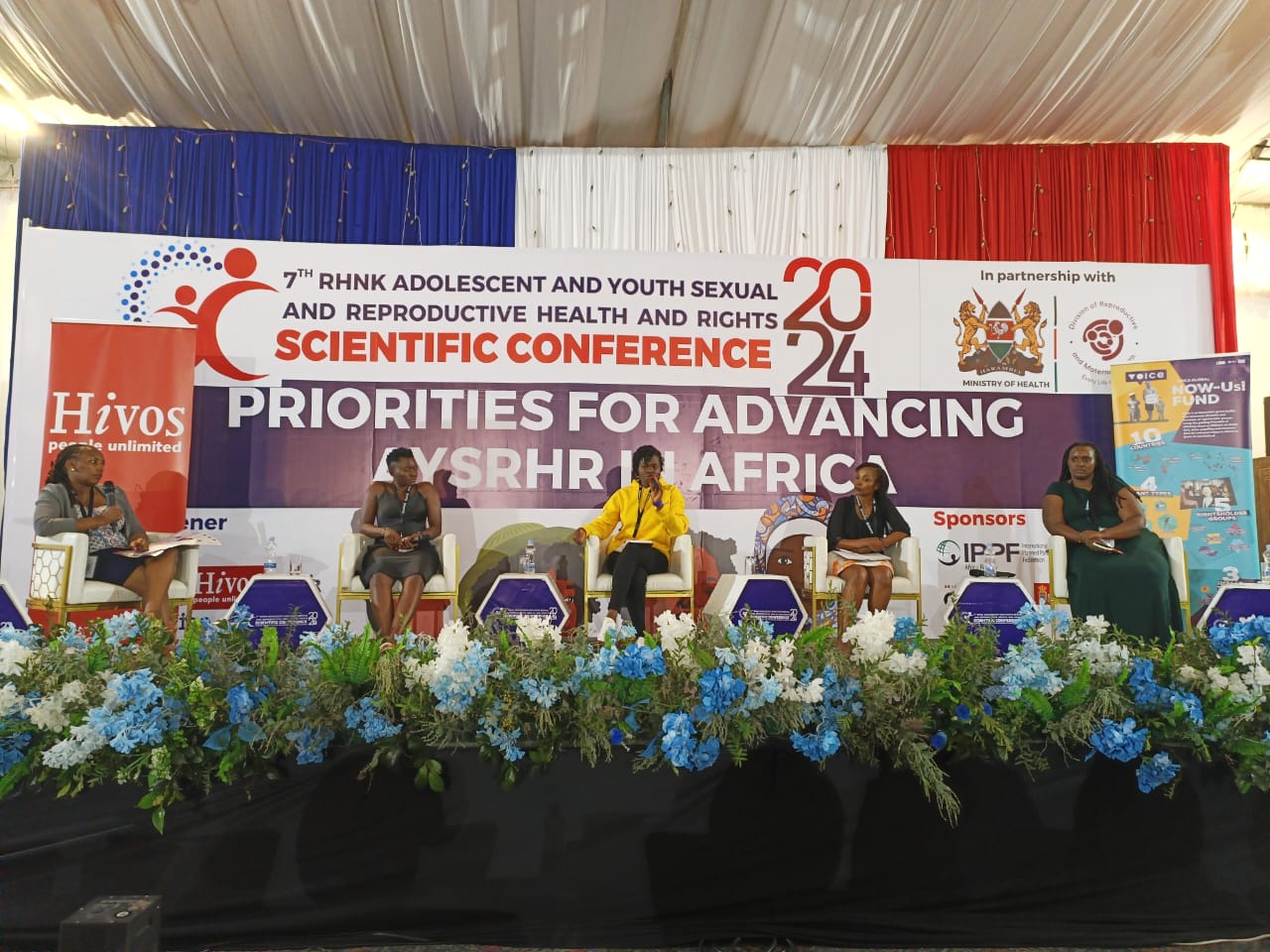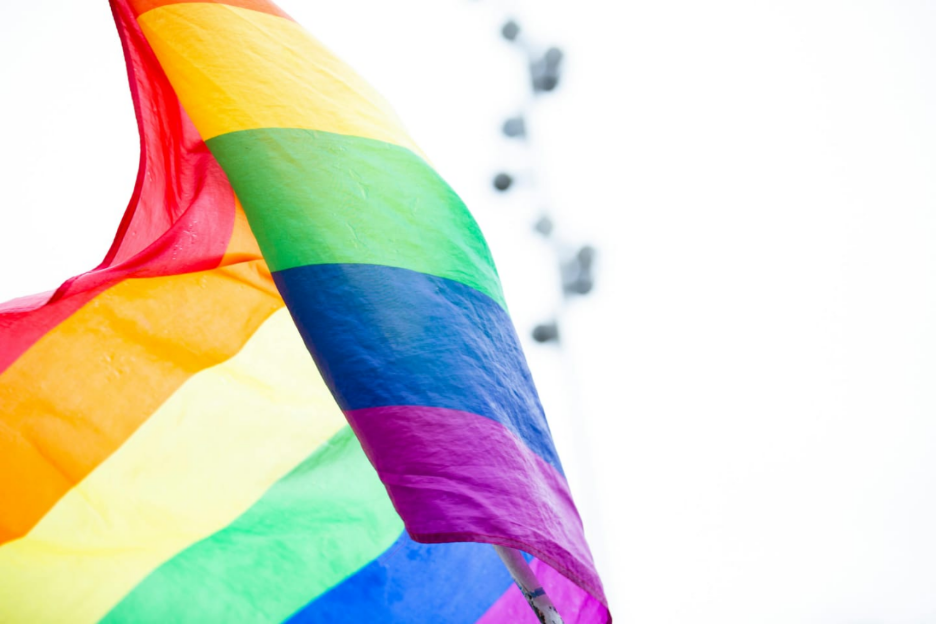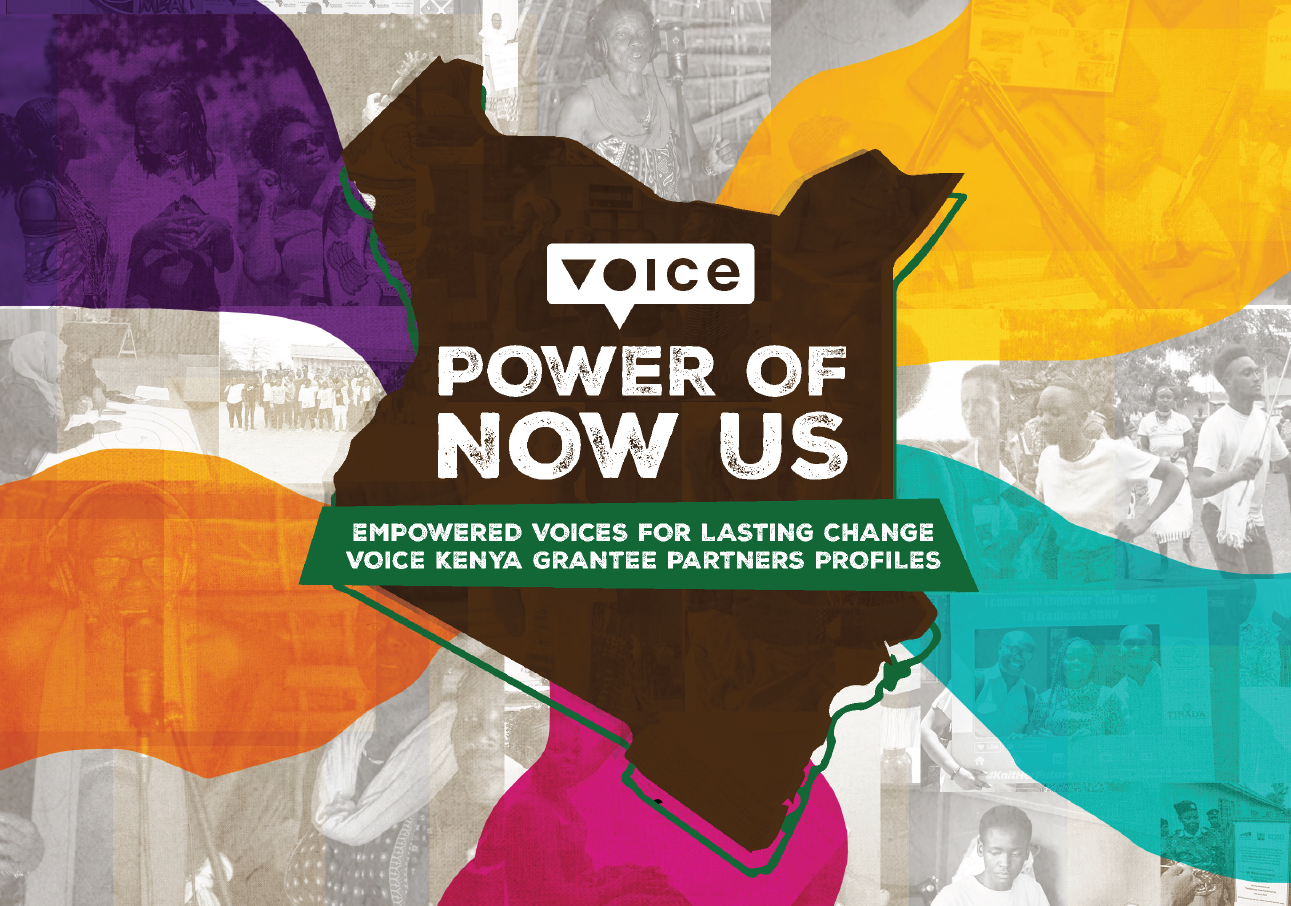Women owning land? Why not!
By: Wendy Otieno, Communications Assistant, Voice
Access to basic information in regards to land acquisition and land rights still remains a challenge in several countries across the world. About 2.5 billion people, including Indigenous Peoples, heavily depend on land and natural resources as a main source of livelihood. Individuals, especially women are especially vulnerable due to the fact that the majority of land in Africa remains undocumented, making legal documentation of land a major problem*.
Since coming on board as part of the Voice Coordination Team, I have had the privilege to meet, learn and share experiences with our rightsholders on issues that affect us and the one thing that has stood out to me from time to time again is the intersectionality of it all. Whether Black, Asian, White or fair skinned, land issues are somewhat similar. I remember growing up and hearing conversations from elderly men and women who used to and still talk about women and girls not having the right to inheritance or even own land left by their fathers or spouses. For them, the ideal person would be the brother, the son or the uncle basically any male relatives. This begs the question, is it such a taboo to have women own land let alone inherit other forms of property?
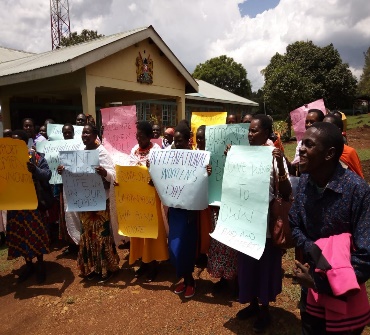
Marriages in Africa do not usually recognise land inheritance from a husband to his wife. One of the three impact themes within Voice is Improved Access to (productive) resources (finance, land, and water) and employment.
It has been especially rewarding to see the growth of empowerment grantees that are tackling head-on the issues of land and land rights come to their voice! In this piece, I will highlight just one partner, Namunyak Lepolosi Women Group, in Transmara County, Kenya who are actively fighting to change the societal misconceptions around women not owning land. In the beginning, roughly only two out of 72 women had their names legally indicated on their land title deeds while the rest remained silent out of fear of being attacked. Recently, there has been a significant increase in the number of women who know the processes they have to undertake to own land as they realise the implications of losing land and how that will affect them and their families.
Jolene’s story stuck with me. Jolene Sepeyo by nature was a reserved and soft spoken person but this all changed after attending her first Knowledge Exchange in late February 2019 in Baguio, Philippines. The Knowledge Exchange titled Indigenous Women Rising brought together fearless stakeholders with one aim, to share their fears, experiences, discuss questions rising from their journey in the fight for their rights.

Jolene and Luca Miggiano, Oxfam Land Rights Policy Advisor 
Centre; Jolene listening in at the Knowledge Exchange
Now, Jolene is outspoken and managing the Olorukoti Knowledge Exchange Centre in her county to mobilise and encourage women to participate in the various activities that influence their decision-making on their rights to own land.
#CalltoAction: Please help us support the Land Rights Now Campaign happening from the 2nd– 9th December 2019. Join the Global movement by taking bold action on this matter. How? Click here

